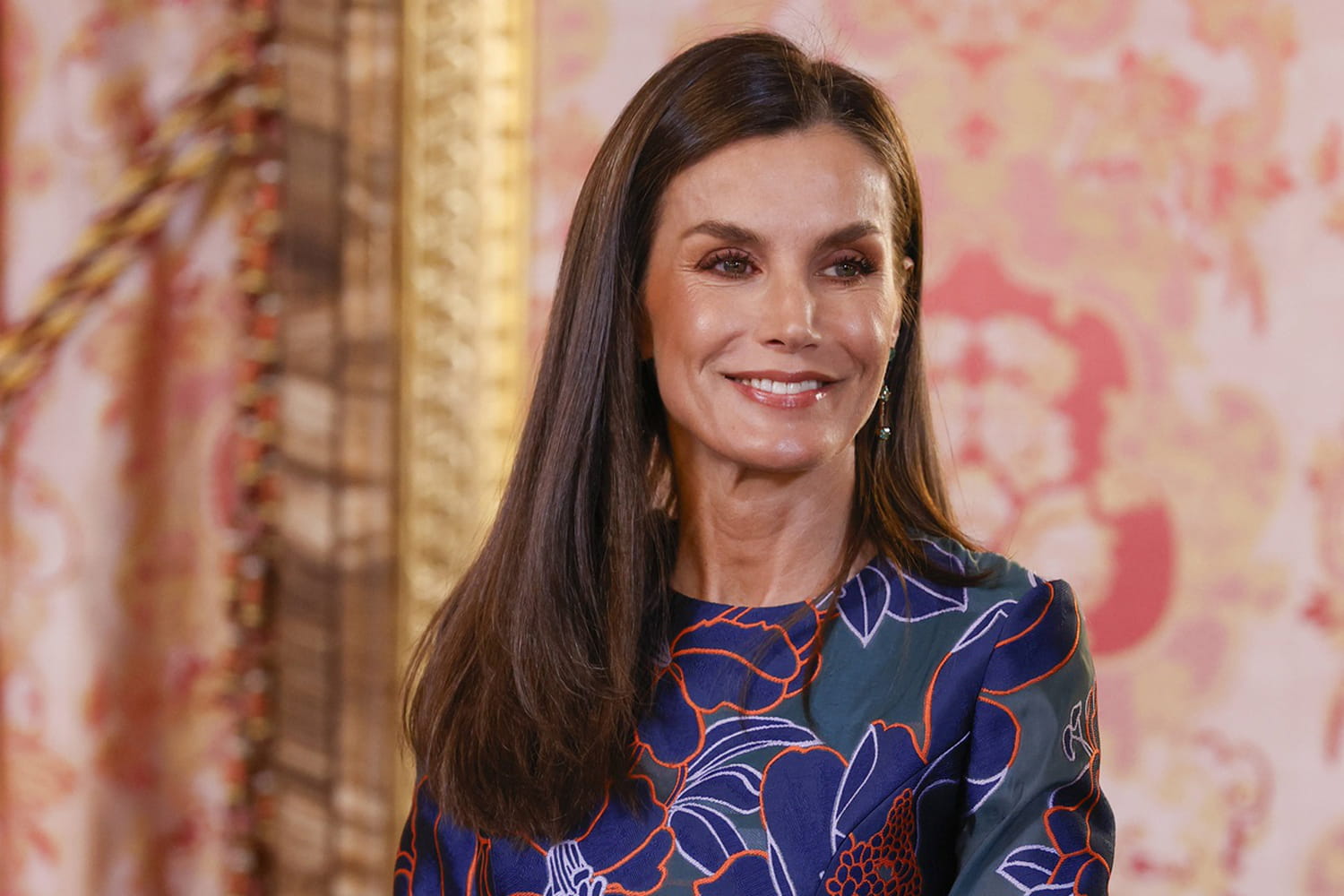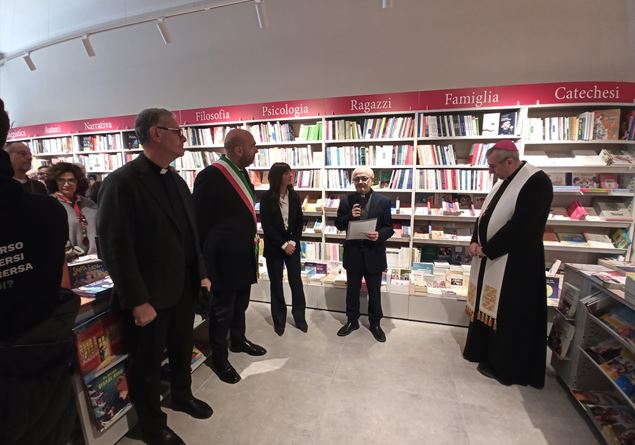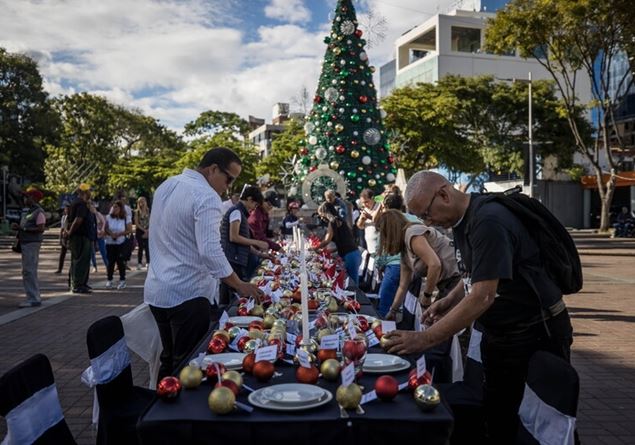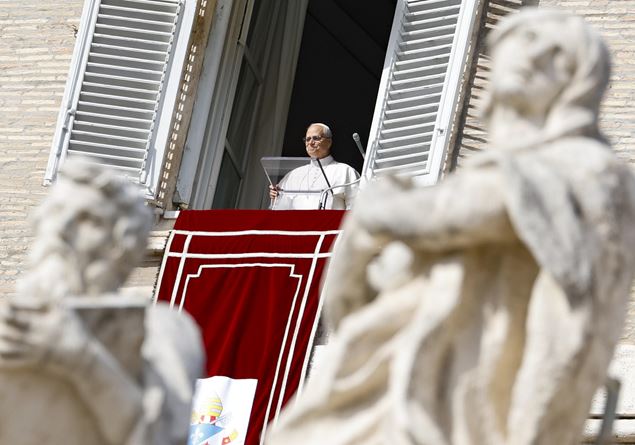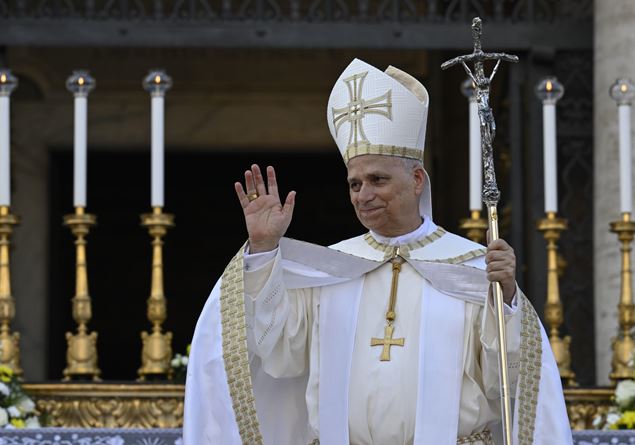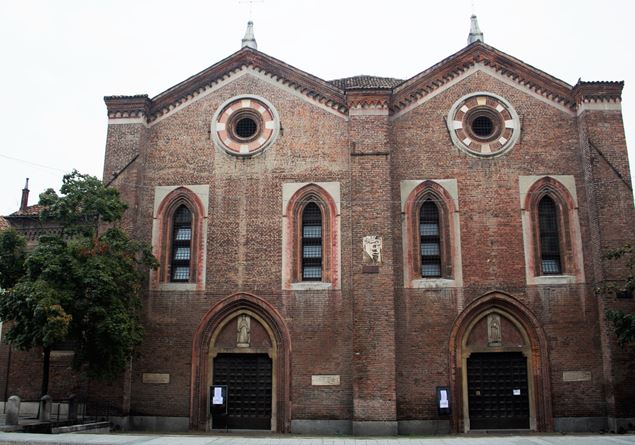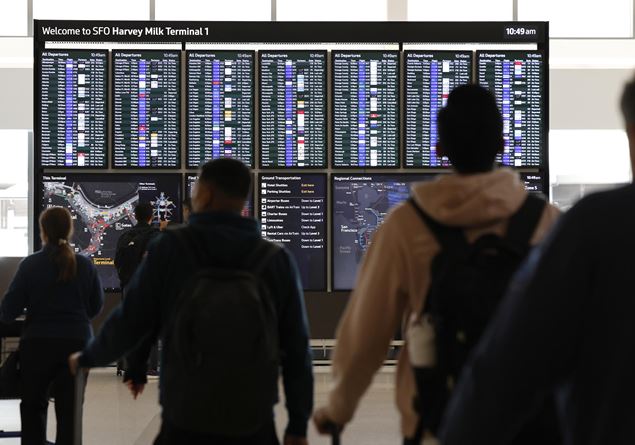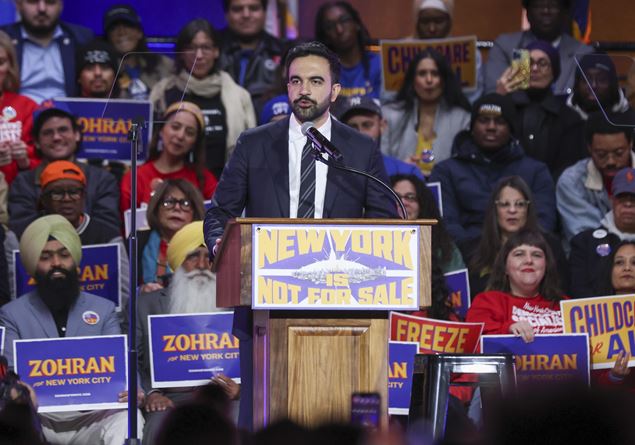President Nicolás Maduro has announced once more – this time for 2025 – that the Christmas celebrations in Venezuela will officially begin October 1stwith a decree broadcast live nationally in his program “With Maduro +”. According to the head of state, the measure serves to promote “economics, culture, joy, happiness” and to defend “the law of the Venezuelan people to happiness”.
This is not new: Maduro has used this expedient – anticipating the Christmas of a couple of months – on several occasions since 2013, offering it as a tribute to the people, “as a sign of gratitude” after events such as the contested presidentials of 2024. Last year Christmas had already been moved to November 1stwhile in 2025 it is the most marked anticipation of all time
The decree arrives within a strong context geopolitical tension. The United States deployed military forces in the Caribbean Sea, a move perceived by Caracas as a direct threat and defined by Maduro as a prelude to an attempt at invasion. Among the mutual accusations there is that – on the American side – of “dentrorrorism” directed towards the Venezuelan leader, while a recent attack on a Venezuelan boat has been attributed to that American fleet.
Behind the apparent festival of early Christmas, one is therefore hidden one political strategy: generate a positive atmospheres, lighten social tensions and deviate attention from the structural crises of the country. The Venezuelan Catholic Church expressed concern, claiming that the “way and time” of religious holidays should not be exploited for propaganda purposes.
Parallel, the government intensifies the distribution of food aid – Like packages – In the poorest neighborhoods, transforming the Christmas moment into a means to strengthen consent, especially in a very widespread picture Economic crisis, very high inflation and chronic scarcity of essential goods.
Early Christmas takes on a double value: on the one hand, a material of material and emotional support towards the population in difficulty; on the other, a symbolic gesture that projects an image of normality and celebration despite the serious institutional crisis, the accusations of electoral fraud and the repression of the opposition.
In summary, the anticipation of Christmas is not a mere change in the calendar: it is a political device, an emotional diversion and a form of show governmentin which the holidays are used as a tool for social control and legitimacy of power.
Photo © ANSA


